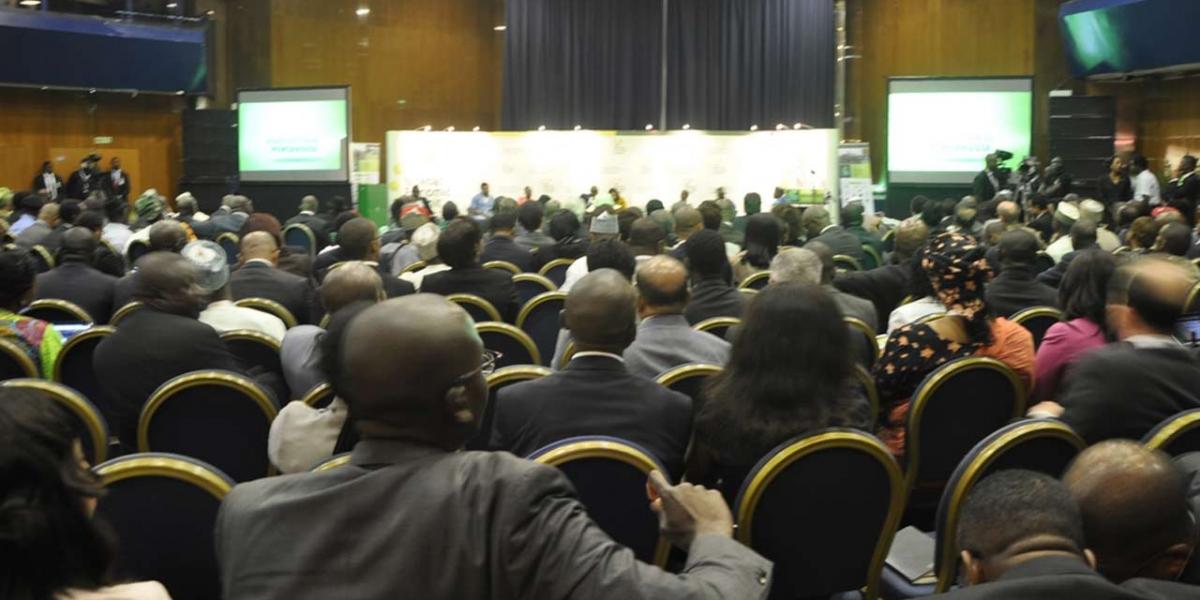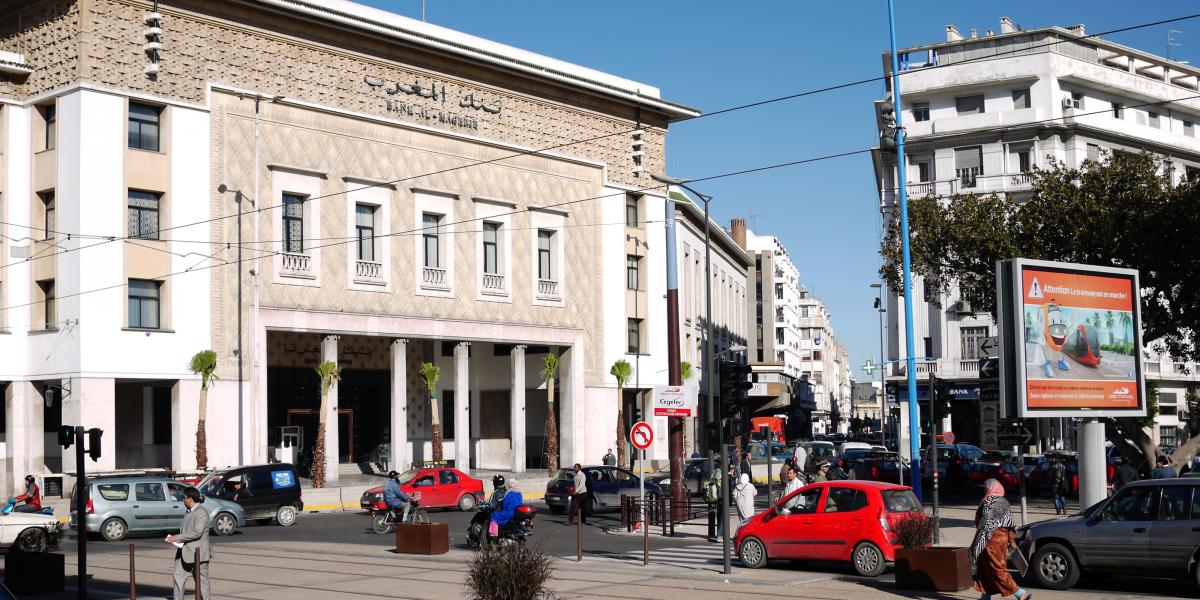NIGERIA:NESG, AERC advocate sectoral reforms to aid industrialisation
- 11 March 2022 / News / 439 / Fares RAHAHLIA

The Nigeria Economy Summit Group (NESG) has called for sectoral reforms in manufacturing, trade, education, health, and ICT to champion industrialisation, strengthen the value chain and promote inclusive growth in Nigeria.
NESG Chief Executive Officer, Laoye Jaiyeola, stated this yesterday, in Abuja, at a workshop by the African Economic Research Consortium (AERC) and the NESG themed “Sectoral Development: Assessing the conditions that drive youth unemployment in key sectors of the Nigerian economy.”
Represented by Research and Chief Economist, NESG, Dr Olusegun Omisakin, Jaiyeola said the body would continue to champion economic growth in Nigeria, explaining that the event was aimed at disseminating key findings on drivers of unemployment and providing a platform to deliberate and share perspectives towards improving youth unemployment in Nigeria.
Citing research from the National Bureau of Statistics (NBS) that 63 per cent of Nigerians between the ages of 13 and 34 are underemployed or unemployed, he regretted that youth unemployment has resulted in militancy, kidnapping, political thuggery, armed robbery, prostitution and other vices.
The CEO, who stated that a study by the NESG and AERC used a sectoral approach to investigate youth unemployment in Nigeria and the need for sectoral reforms in manufacturing, trade, education, health, and ICT, noted that a reform in the sectors would champion industrialisation, strengthen the value chain and promote inclusive growth.
AERC Agricultural Consultant, Dr Sarah Edewor, while delivering a presentation of AERC research findings, identified access to finance, electricity issues and corruption as key constraints to investment in Nigeria.
Edewor revealed that the research shows that females assist males and help to increase remittances and that male employment was driven by the manufacturing and services sector, while the trade sector provided more employment opportunities for females.
Speaking, Country Manager/Deputy MD, OCP Africa Fertilizer Nigeria Limited, Caleb Usoh, reiterated the need for the private and public sectors to work together to improve the operating environment to facilitate job creation, increase employment opportunities and enhance economic growth.
Speaking in same vein, Ridwan Sorunke, Senior Manager, Global Government Relations & Public Policy, Nigeria & Africa Expansion Markets, Procter & Gamble, said that for the manufacturing sector to drive growth, economic development must be sustained, while Mr Temi Adegoroye, the Managing Partner of Sahel Consulting, said that Nigeria still lacks talents and a talent-skill gap in the formal and informal sectors of the Nigerian Economy.
Also, Research Manager, AERC, Dianah Ngui Muchai, said that youth unemployment remains a significant problem for Africa, and one in three young people are employed but often engaged in poor quality jobs, making them vulnerable to job losses and poverty.
On her part, Managing Director, Edo State Public Service Academy, Ms Precious Ajoonu, said that there was a need to mainstream gender issues and having gender support groups that cut across the strata of society to aid representation and economic growth
source: guardian.ng
 English
English
 français
français
 العربية
العربية







